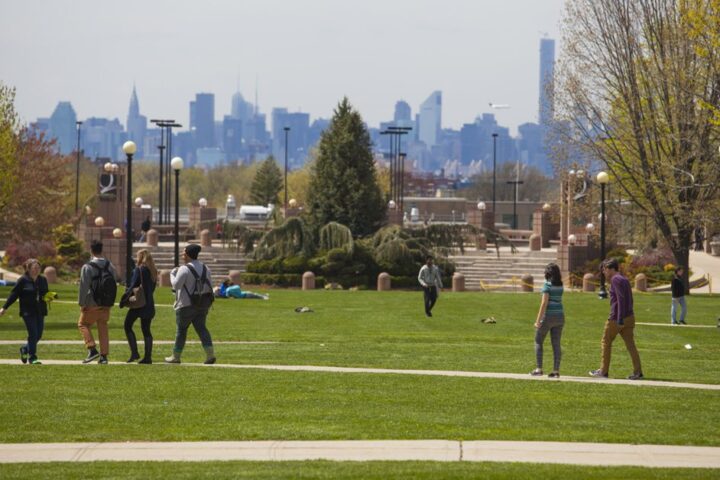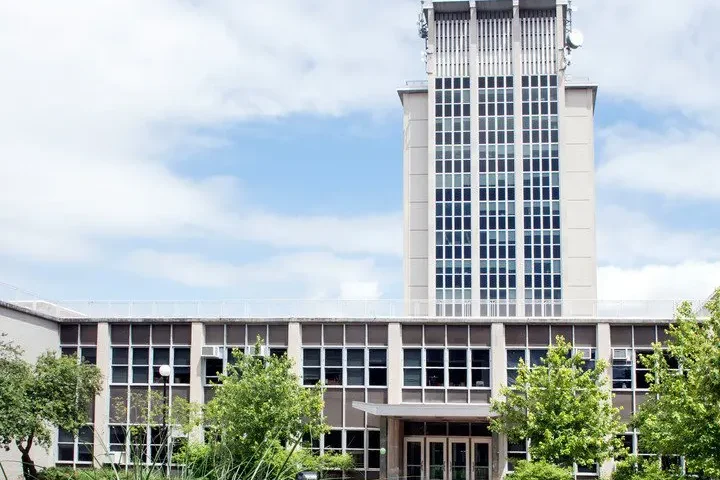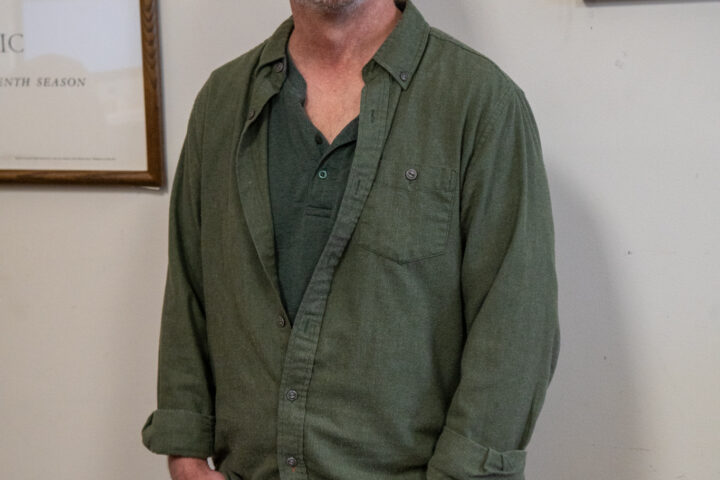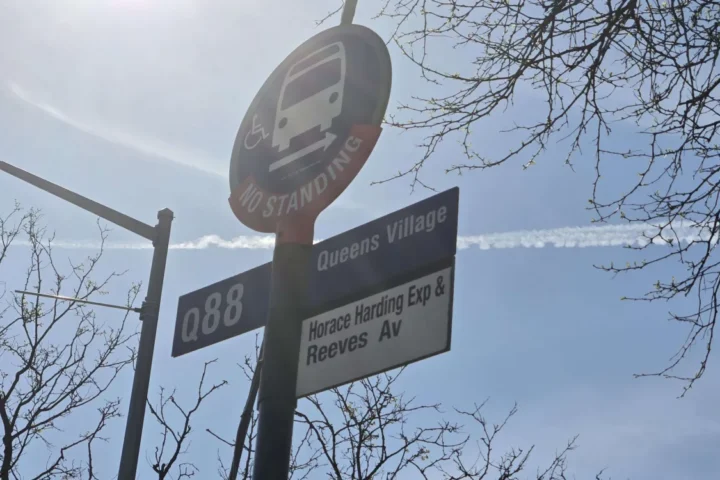October is Domestic Violence Awareness Month, where we mourn those lost to domestic violence, celebrate those who survived it and connect those with others who fight to end it.
Domestic violence is mainly about abusive relationships within a home, as in a couple that lives together and possibly have a child in common, but it is really about violent, intimate relationships in general. Abuse is abuse.
Domestic violence is a pattern of abusive behavior that occurs between family members or intimate partners. There are different types of abuse: physical, emotional and sexual.
Physical abuse includes, but is not limited to, hitting, slapping, punching, choking, pushing, grabbing and shaking. Emotional abuse includes yelling, insulting, threatening, stalking, isolation from family and friends and harassment through calling or texting. Sexual abuse includes rape, unwanted touching, forced sex with others and threatening to out you or disclose your sexual orientation.
Abusive relationships occur more often than you think in college. Approximately 32 percent of college students experience intimate partner abuse, according to a report titled “Violent Behaviors in College Student Dating Behavior” in the Journal of Contemporary Justice.
This includes rape. Women in college are sexually assaulted at a rate four times higher than other women. Sixty percent of acquaintance rapes on college campuses occur in casual or steady dating relationships. No means no.
According to the Mayor’s Office to Combat Domestic Violence, from 2002 to 2006 almost 4 percent of NYC adults aged 18 to 24 reported being frightened for their safety or of their children or friends because of the anger or threats of an intimate partner. This age range is the most commonly abused.
One in three women and one in four men are victims of some form of physical violence by an intimate partner within their lifetime, according to the National Coalition Against Domestic Violence.
Also according to NCADV, one in seven women and one in 18 men were stalked by an intimate partner during their lifetime. Moreover, they felt fearful or believed they or someone close to them could be harmed or killed.
Know your rights. You deserve respect. The decisions you make for yourself and your body are valid. You have the right to fight against unfair treatment and to say no.
Many victims do not realize they are in abusive relationships. They hope their relationship would get better with time, but this is not the case. You should not have a wishbone where you should have a backbone.
Also, if you are fighting excessively and you are only dating, it will not stop later in your relationship.
No one should keep you without chains under their spell. No one should fall into this ideology of acceptance and thinking indecent behavior is normal.
A relationship should feel good. If you’re in a relationship with someone who makes you anxious or makes you do things you do not want to do, to talk to someone you trust about it.
If you or someone you know is in an abusive relationship, you can call the city’s 24-hour Domestic Violence Hotline, which is 1-800-621-HOPE (4673).











